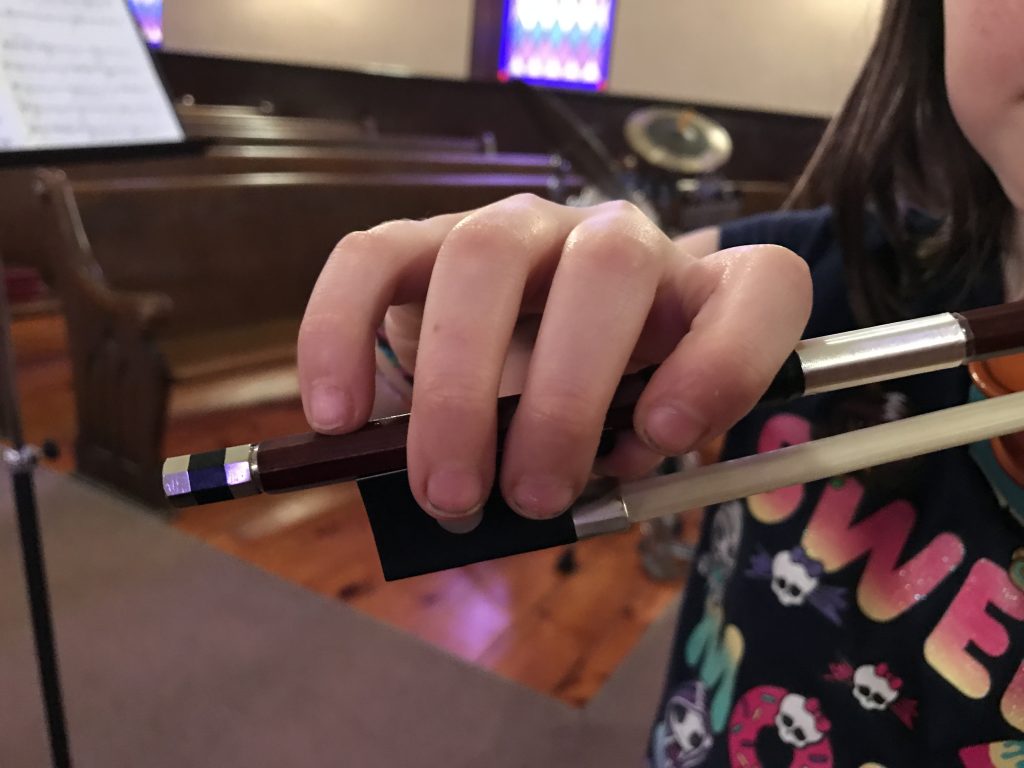The key principles of the Suzuki Method include the following;
An early beginning
Teaching young children music not only increases their brain development but also ingrains self control, discipline and routine from daily practice. This will benefit their ability to learn in every area throughout their lives.
Parental involvement
Suzuki parents are expected to attend both private lessons and group class and supervise their child’s daily practice. During the lessons parents will take notes on what the child is working on so that parent and child are able to repeat the exercises at home. It is only with the help of a positive and encouraging parent that the student will excel.

A well trained teacher
The finest Suzuki teachers are extensively trained classical musicians. Suzuki teachers are required to participate in Suzuki teacher development courses throughout their careers. Separate courses are offered for every book and every instrument in the Suzuki Method and there are many supplementary and remedial courses. These training courses are often taught by Suzuki Teacher Trainers who studied directly under Dr. Suzuki himself.
Learning by ear
The Mother Tongue Approach requires that students be immersed in the music they are learning, just as a baby is surrounded by an atmosphere of language. To do this, students must listen to their entire current Suzuki CD daily in order to hear not only the piece that they are working on, but also upcoming pieces. That way, when a student gets to a new piece, she will have already internalized that piece at a very polished level. This makes learning the new piece much quicker and easier. Students learn exclusively by ear when they first begin playing. This does not mean that the students do not learn to read music. Reading is simply delayed until later in their musical development.
Repetition
“Knowledge is not skill. Knowledge plus ten thousand times is skill.” -Shinichi Suzuki
Repetition is absolutely essential to learning anything including music. Children love repetition in music just like they love hearing their favourite story over and over. Listening to the CD every day makes pieces much easier to learn. Playing a small section of a piece ten times only takes a couple minutes and you see results immediately.
One of the biggest difference between Suzuki students and other music students is that Suzuki students can play every piece they have ever learned. Students are expected to not only review their old pieces regularly, but use those older pieces to continue to improve and expand their skills.
Group Class
Nothing motivates a child more than playing alongside their peers. Suzuki students all learn the same repertoire and therefore learn to play as a group right from the beginning. Playing together fosters teamwork and respect for one another.
